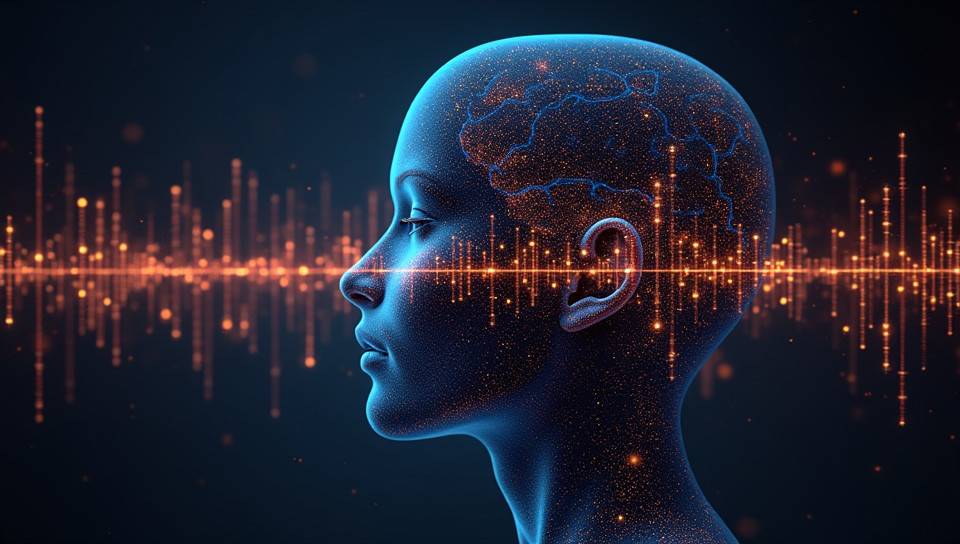Melody and rhythm distinction affects musical memory formation 91%

The Harmony of Memories: Unpacking the Connection between Melody and Rhythm
Have you ever found yourself humming a tune, only to realize that you couldn't quite recall the lyrics? Or perhaps you've struggled to remember the beat of a song, despite its catchy melody? This phenomenon highlights the intricate relationship between our musical memories and the distinct components that comprise music: melody and rhythm. In this article, we'll delve into the fascinating world of musical cognition, exploring how the distinction between melody and rhythm affects our ability to form lasting musical memories.
The Building Blocks of Music
Music is a complex construct, comprised of various elements that work in harmony to create an auditory experience. Two essential components are melody and rhythm, which are often intertwined but distinct in their functions. Melody refers to the sequence of pitches heard in a song or piece, while rhythm pertains to the pattern of duration and accentuation of these pitches.
The Role of Melody in Musical Memory
Melody plays a significant role in shaping our musical memories. Research suggests that melodies can be highly memorable due to their ability to evoke emotions and create associations with personal experiences. In fact, studies have shown that individuals tend to recall melodies more easily than lyrics or other musical elements. This is because melodies often serve as the primary hook, drawing us into a song and making it more relatable.
The Impact of Rhythm on Musical Memory
Rhythm, on the other hand, contributes significantly to our ability to recognize and remember music. A strong rhythmic pattern can make a piece more engaging and memorable, while an irregular rhythm may lead to confusion or disengagement. In fact, research has demonstrated that the brain processes rhythm in a distinct way from melody, with separate neural networks dedicated to each component.
How Melody and Rhythm Interact
While melody and rhythm are distinct elements, they interact in complex ways to create our musical experiences. A catchy melody can be lost without a strong rhythmic foundation, while a compelling rhythm may falter without an engaging melody. This interplay highlights the importance of considering both components when creating music that sticks.
- Key factors influencing the interaction between melody and rhythm include:
- Tempo: The speed at which a piece is played
- Time signature: The pattern of strong and weak beats in a measure
- Syncopation: The emphasis on off-beat rhythms
- Musical phrasing: The grouping of pitches into meaningful units
Conclusion
The distinction between melody and rhythm has significant implications for our ability to form lasting musical memories. By understanding the unique contributions of each component, we can create music that is more engaging, memorable, and impactful. Whether you're a composer, musician, or simply an enthusiastic listener, recognizing the intricate relationship between melody and rhythm will help you better appreciate the beauty and power of music in our lives.
As we continue to explore the complexities of musical cognition, one thing becomes clear: the harmony of memories is deeply rooted in the harmony of music itself. By embracing this connection, we can unlock a deeper appreciation for the melodies and rhythms that make up the soundtrack of our lives.
- Created by: Viraj Patel
- Created at: Nov. 15, 2024, 2:19 p.m.
- ID: 16004







